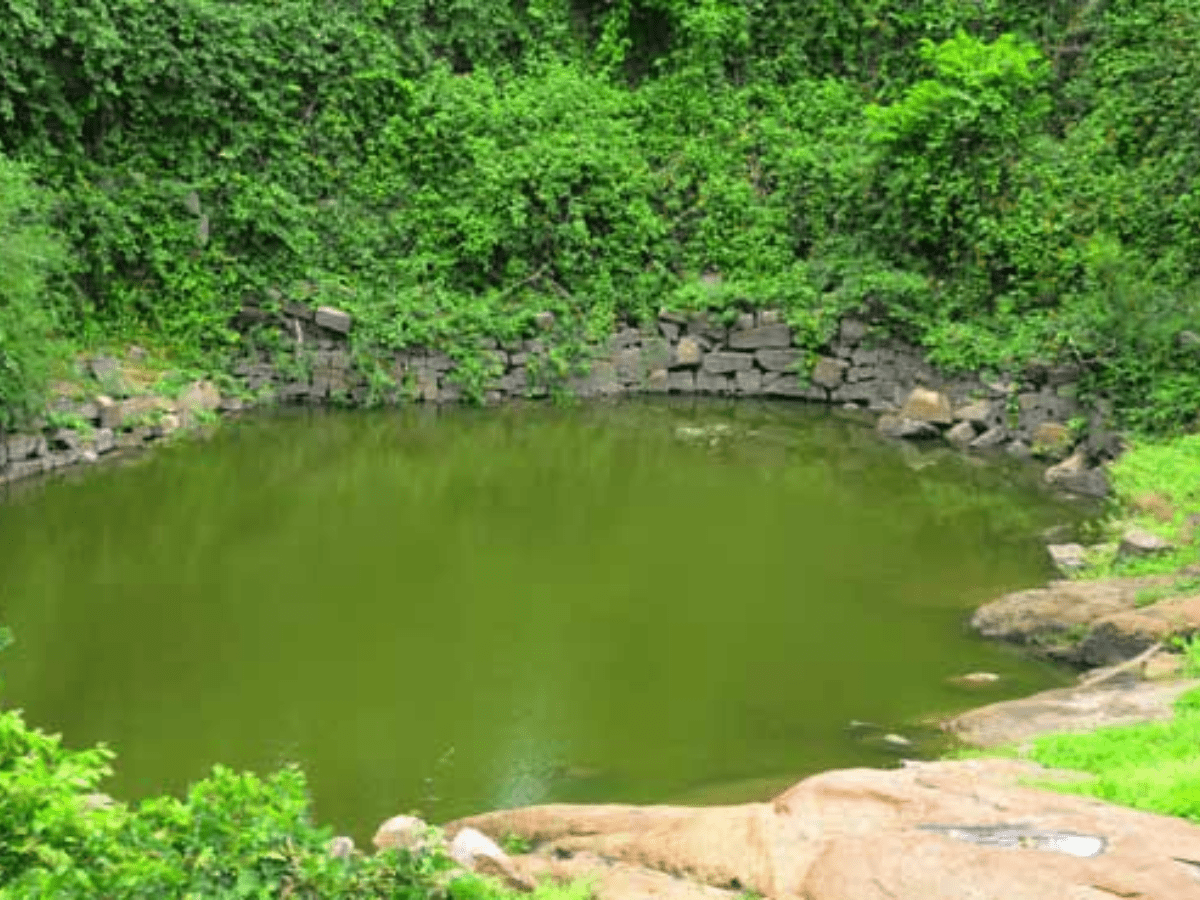
Hyderabad: The city’s groundwater contains 250 organic micropollutant compounds, including pharmaceuticals, agrochemicals, and hormonal disruptors, a recent study titled ‘Pharmaceuticals and Agrochemicals in Groundwater of Hyderabad, India’ has revealed. The study was conducted by Hyderabad-based Mahindra University.
The industrial area of Sanath Nagar was among the worst affected areas, with over 130 compounds detected.
Endocrine disruptors like Dihydroequilin and Avobenzone, even in low concentrations, pose risks like causing hormonal imbalances and propagating antibiotic-resistance genes. Agrochemicals, mainly used to meet food demand, are equally dangerous. All of these compounds were found in samples of groundwater collected from across the city.
The samples collected from eight different locations in Hyderabad — Begumpet, Bharatnagar, Dundigal, Jubilee Hills, Kukatpally, Sanath Nagar, Tarnaka, and Tirumalagiri — underwent non-targeted screening using liquid chromatography-quadrupole time-of-flight, it revealed that pharmaceuticals alone constituted approximately 50% of the detected compounds.
Universal pollutants across all samples included Apramycin, a veterinary drug, and Bis(2-ethylhexyl) phthalate, a plasticizer. Only 0.1% of pesticides used in agriculture reach the intended pests; the rest permeates ecosystems, according to existing research, highlighted in the study.
With over 800 biotech and pharmaceutical companies, Hyderabad and surrounding areas are more polluted than any other city in India. Groundwater in Patancheru contained 12 types of pharmaceuticals like cetirizine and ciprofloxacin. Sewage from the same area also showed elevated levels of anti-fungal drugs like voriconazole, the study said.
